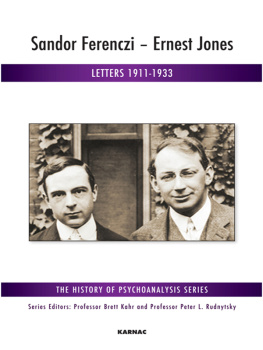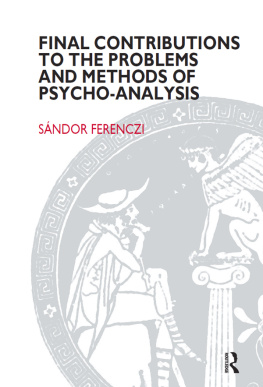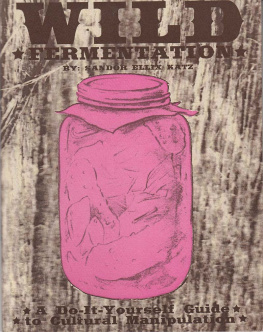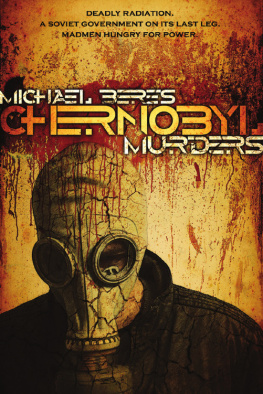This book is a publication of
Indiana University Press
Office of Scholarly Publishing
Herman B Wells Library 350
1320 East 10th Street
Bloomington, Indiana 47405 USA
iupress.org
This book was produced under the auspices of the Research Center for the Humanities of the Hungarian Academy of Sciences and with the support of the National Bank of Hungary.
2022 by Sndor Horvth
All rights reserved
No part of this book may be reproduced or utilized in any form or by any means, electronic or mechanical, including photocopying and recording, or by any information storage and retrieval system, without permission in writing from the publisher. The paper used in this publication meets the minimum requirements of the American National Standard for Information SciencesPermanence of Paper for Printed Library Materials, ANSI Z39.481992.
Manufactured in the United States of America
First printing 2022
Cataloging information is available from the Library of Congress.
ISBN 978-0-253-05973-4 (hardback)
ISBN 978-0-253-05972-7 (paperback)
ISBN 978-0-253-05970-3 (web PDF)
To my children, Sanyi, Julcsi, and Ferk
And cold hopes swarm like worms within our living clay.
PERCY BYSSHE SHELLEY, ADONAIS: AN ELEGY ON THE DEATH OF JOHN KEATS, READ BY MICK JAGGER, HYDE PARK , 1969
Everyone must be made to understand, especially the young people, that the most beautiful human goal is socialism, communism.
JNOS KDR IN THE LNG MACHINE FACTORY, BUDAPEST , 1969
CONTENTS
Acknowledgments
Introduction
1.The Hippie Stroll
2.The Trial: Casting
3.How Hooligans Are Made
4.Youth Protection
5.The Police and Uses of the Urban Space
6.The Socialist Tabloid Press
7.Protest in a Diary
8.Girl in the Gang
9.Memory
Conclusion
Bibliography
Index
A RESEARCHER WITH AN INTEREST in contemporary history sometimes must grapple with complex challenges when looking for interview partners for a story. For this book, I did not have to beg the time of famous or politically influential people and entreat them to share details about their pasts. Rather, I had to importune everyday individuals who had never played prominent roles in public events and in many cases had never taken any great interest in politics, but who had still been very exposed, in their everyday lives, to the changes wrought by political regimes. I would like to express my sincerest thanks first and foremost to my interview partners, without whom I never would have been able to write this book. These individuals include, among others, Big Kennedy, va Bedecs, Hobo, Indian, Jimmy, Mria, Midget, and, last but not least, Pharaoh, who provided considerable help finding the others. The conversations I had with them not only brought the information I had found in the archives to life but also called my attention to new issues and questions that further shaped my research.
I also would not have been able to write this book without the help of archivists in the Historical Archives of the Hungarian State Security, who gave me invaluable assistance obtaining and interpreting the secret police files, and in the Budapest City Archives (where I was among the first to have the opportunity to research police files), the Political History and Trade Union Archives, and the Hungarian National Archives.
I would also like to express my gratitude to Lszl Borhi, the editor of the series Studies in Hungarian History at Indiana University Press. Borhi gave me the encouragement I needed to undertake the at times daunting task of writing this book. I also owe a debt of thanks to Pl Fodor, who was instrumental in promoting the idea of publishing this book. I also benefited immensely from conversations with my colleagues, who shared their insights as I was writing and revising the book. I am grateful to Mnika Bar, Gbor Gyni, Gbor Klaniczay, Jnos Mtys Kovcs, Rolf Mller, Gbor Kresalek, Jnos M. Rainer, ron Nagy-Csere, Marci Shore, Tibor Takcs, and all of my colleagues at the Institute of History of the Hungarian Academy of Sciences.
I would also like to express my gratitude to the institutions that provided the necessary support during the years I spent working on this book. I would mention, first, the Institute of History of the Hungarian Academy of Sciences (which was recently made a part of the Etvs Lornd Research Network), which ensured the necessary conditions for focused and sustained research. Many other institutions provided financial and/or in-kind support: the Hungarian Scientific Research Fund (OTKA), the School of International and Public Affairs at Columbia University in New York, the Mellon Foundation, the Institute of Human Sciences (IWM) in Vienna, the Center for Advanced Studies at Ludwig Maximilian University (LMU) in Munich, the Institute for East European Studies at the Free University in Berlin, the Imre Kertsz Kolleg (IKK) at Friedrich Schiller University in Jena, the Gerda Henkel Foundation, and, last but not least, the Research Center for the Humanities of the Hungarian Academy of Sciences with the support of the National Bank of Hungary. I am grateful to these institutions for their generous support.
I would also like to thank Thomas Cooper, the translator and proofreader of the text, who took the trouble to understand what I was trying to say in each and every sentence and always tried to keep me on target to get the manuscript done.
It has been a pleasure, as always, to work with Indiana University Press and its staff, whose professionalism and kindness contributed immensely to the final manuscript. My work benefited significantly from the readings of the two anonymous reviewers, whose questions and suggestions helped me make the manuscript more reflective, clearer, and more coherent. I would like to express particular thanks to Jennika Baines, Sophia Hebert, and Rachel Erin Rosolina, and also to Nancy Lila Lightfoot, who ensured that the production process went smoothly, and to Julia Turner, who did an outstanding job copyediting the manuscript. I am also grateful for the wonderful book cover designed by Nancy Smith.
Finally, I would like to thank my family for their patience during the time I spent writing the book. Many thanks to you, Gabriella, my wife, for helping me focus on writing, and to you, Sanyi, Julcsi and Ferk, my children, for your patience and love. I dedicate this book to you in the hopes that, for you and for later generations, it will offer some understanding of the trials and traumas suffered by the main characters of this story, trials and traumas which, I similarly hope, you and later generations will be spared.
CHILDREN OF COMMUNISM

ON A HILL BY THE southern wall of the Buda Castle stands a stately Japanese pagoda tree (Sophora japonica), one of the oldest trees in Budapest. Toward the end of the 1960s, young people in Budapest started referring to the tree, which was planted as an exotic imported specimen roughly two hundred years ago, as the Great Tree. It was the largest tree on the southern side of the castle wall above the so-called Youth Park, a site created by the Communist Youth League for concerts and socializing. It proved a good hiding place. If one walks down the hill from the castle toward Gellrt Hill or the site of the former Youth Park, the Great Tree is difficult to notice, particularly in the summer, when the foliage on the boughs of the other trees hides it. From the shade under its branches, one can see the buildings of Pest, with the cupola of St. Stephens Basilica in the middle, the largest church building in Budapest. Gellrt Hill, the bridges leading to Pest, and Margaret Island to the north form the horizon, making something of a captivating spectacle, which is one of the reasons why the area remains popular among tourists today.











